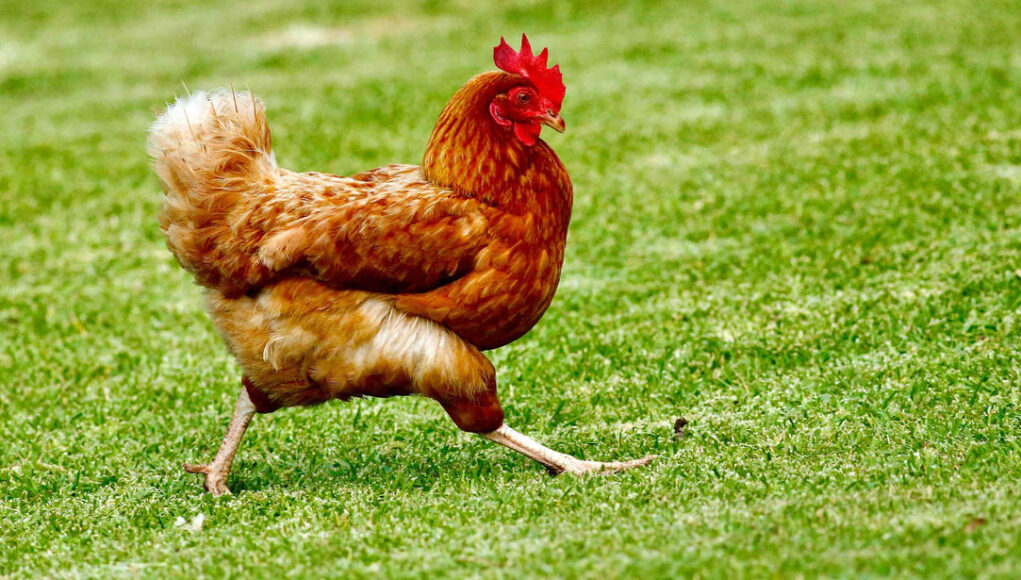Raising backyard chickens can be a rewarding experience, especially when you see your hens laying fresh eggs. However, as hens age, their egg production can decrease. Understanding how to keep older hens laying naturally is crucial for maintaining a productive flock. In this article, we will explore various natural methods to help your older hens continue laying eggs.

Understanding the Aging Process in Hens
As chickens age, their bodies undergo changes that can affect their egg-laying capabilities. Typically, a hen’s egg production starts to decline after the age of two years. However, with proper care and management, you can extend their productive years.
Factors Influencing Egg Production
Several factors can affect a hen’s ability to lay eggs. These include genetics, nutrition, environment, and health. Addressing these factors can help ensure that your older hens continue to lay eggs naturally.
Providing a Balanced Diet
Nutrition plays a significant role in egg production. To keep your older hens laying naturally, ensure they have a balanced diet that includes all the necessary nutrients. Consider supplementing their diet with calcium-rich herbs to support eggshell formation.
Importance of Protein
Protein is essential for egg production. Ensure that your hens receive an adequate amount of protein through their feed. You can also provide protein-rich treats such as mealworms or earthworms.
Creating a Comfortable Environment
A comfortable and stress-free environment is crucial for keeping your older hens laying naturally. Ensure that their coop is clean, safe, and spacious. Learn more about maintaining a clean coop here.
Providing Adequate Lighting
Light exposure affects a hen’s laying cycle. Ensure your hens receive adequate light daily, especially during the shorter days of winter. You can supplement natural light with artificial lighting in the coop.
Regular Health Checks
Regular health checks are essential to keep your hens laying naturally. Monitor for signs of illness or parasites. Consider natural remedies, such as natural de-wormers, to maintain their health.
Managing Stress
Stress can significantly impact egg production. Ensure your hens are not exposed to predators or sudden changes in their environment. Keeping a consistent routine can help reduce stress levels.
Using Herbs and Natural Supplements
Incorporating herbs and natural supplements in your hens’ diet can support their health and egg production. Discover how to prepare herbs for winter.
Adding Garlic to Water
Garlic is known for its health benefits. Adding garlic to your hens’ water can boost their immune system. Learn how to do it here.
Encouraging Natural Behaviors
Encouraging natural behaviors, such as foraging and dust bathing, can keep your hens active and healthy, promoting natural egg-laying. Allow them access to a safe outdoor area for these activities.
Providing Enrichment
Enrichment activities can stimulate your hens mentally and physically. Consider providing toys or obstacles in their coop to keep them engaged.
Handling Egg-Laying Interruptions
It’s not uncommon for hens to experience temporary interruptions in egg-laying. Understanding potential causes, such as molting or seasonal changes, can help you address these issues effectively.
Supporting Molting Hens
Molting is a natural process during which hens lose and regrow feathers. During this time, their egg production may decrease. Providing extra protein can support them through the molting period.
Seasonal Changes
Seasonal changes can impact egg production. In winter, ensure your hens have adequate warmth and lighting to support continued laying.
Conclusion
Understanding how to keep older hens laying naturally involves a combination of proper nutrition, a comfortable environment, regular health checks, and supportive care. By addressing these aspects, you can help your older hens maintain their egg production and enjoy a happy, healthy life.

FAQs
How long do hens typically lay eggs?
Hens typically start laying at around six months of age and can continue for several years, with peak production during their first two years.
What can I do if my hens stop laying eggs?
If your hens stop laying, check for potential stressors, health issues, or environmental changes. Adjust their diet and environment as needed to encourage laying.
Do older hens need special care?
Yes, older hens may require additional care, such as a higher protein diet and regular health checks, to support continued egg production.
This article contains affiliate links. We may earn a commission at no extra cost to you.











